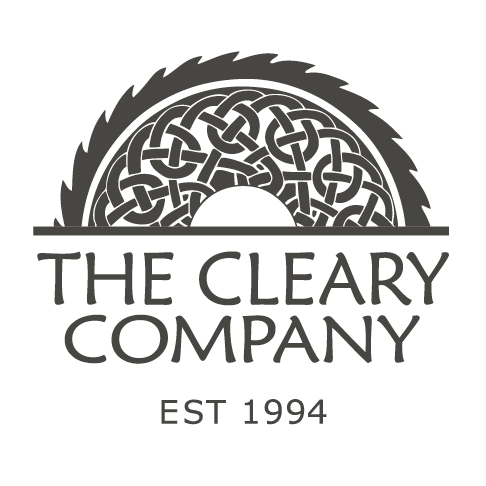
Whether you’re planning to remodel your bathroom, redesign your kitchen, add a new mudroom or reimagine an underutilized space, The Cleary Company is here to help connect you with the answers to the questions you have about financing your renovation project.
We field many different questions with our clients’ renovation projects. One of the biggest questions revolves around finances. Our home remodeling financing expert, Natalie Moore, Loan Officer NMLS ID:728210, shares the most frequently asked questions and the answers that will hopefully be informative when planning your next home renovation project.
Q&A with Natalie Moore
When should I start the pre-approval process on the financing for my renovation project?
The sooner, the better. Even though you may not have finalized plans for your project, it is good to start the conversation and get an idea on what financing options are available to you. The best way to do this is to become pre-approved. Pre-approval will help lay out the financing options you have to consider completing your project.
How about documentation? What type of documentation do I need?
In addition to a completed mortgage application, you will need to provide income and asset documentation, such as your paystubs, W2’s/tax returns, and bank statements. Qualifications at most financial institutions are generally no different than your traditional mortgage, with the exception of providing the completed/executed contract, project specifications and final plans for your project. These documents are not needed to gain the initial pre-approval, however, they will be needed once you’re ready to proceed with the finalization of your financing if you choose a renovation loan.
What types of financing options are available?
First, a Home Equity Line of Credit (HELOC)/Loan (HELO) – utilizes the current equity you have in your home, based on how the property currently looks.
Second, a Renovation Loan – utilizes the ‘as-completed’ value based on what the home will be worth once all the work has been completed.
What would be a scenario where I might select one financing option over another?
There are several options to consider:
If you are financing your project with a Home Equity Line of Credit (HELOC), and you don’t have enough funds/equity to pay for all of the renovation costs, you can also consider paying cash for the remainder of the project or consider gift funds from a family member.
Or if you don’t have enough equity to finance the entire project on a HELOC and you don’t want to use cash/additional funds of your own, you might then consider a Renovation Loan. Generally, when utilizing a Renovation Loan, a bank will use the ‘as-completed’ value of your home on a transaction like this, which can often provide the additional funds that may be needed.
Contact Natalie Moore Loan Officer NMLS ID:728210
Thanks for to Natalie for her continued support to help educated consumers on their options for financing their home remodeling projects! You reach out to Natalie to begin the conversation by calling 614-264-4154. You can also reach out to her on social media. Find her professional profiles on Facebook & LinkedIN.
Remodeling your home is a big decision and our TEAM at The Cleary Company will work with you to listen, provide options, and create the remodel you envisioned. We value our relationship with our financing expert, Natalie Moore, and the information, expertise, and knowledge she provides our clients when they begin their remodeling project.
For more information on our upcoming events check out our blog!
